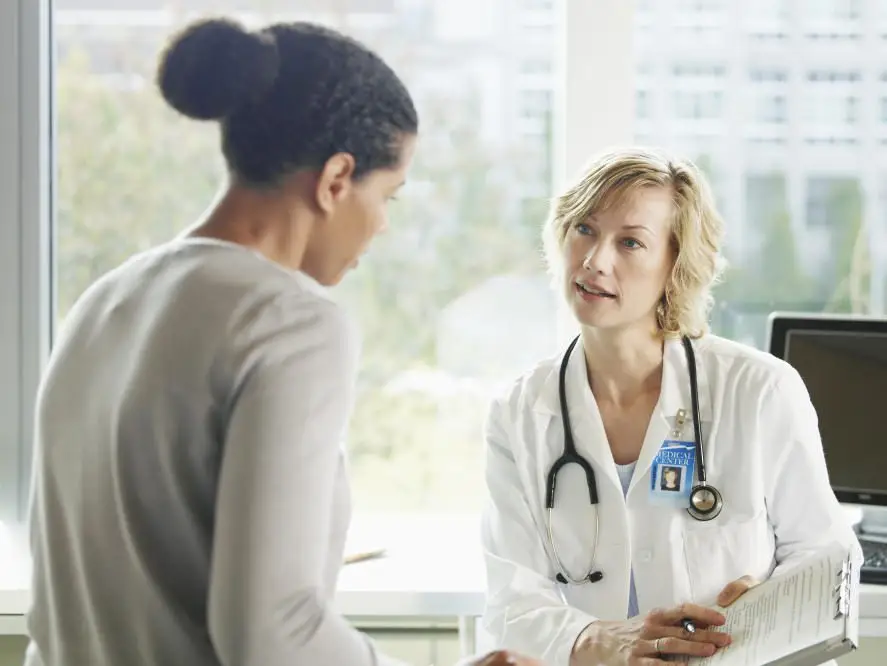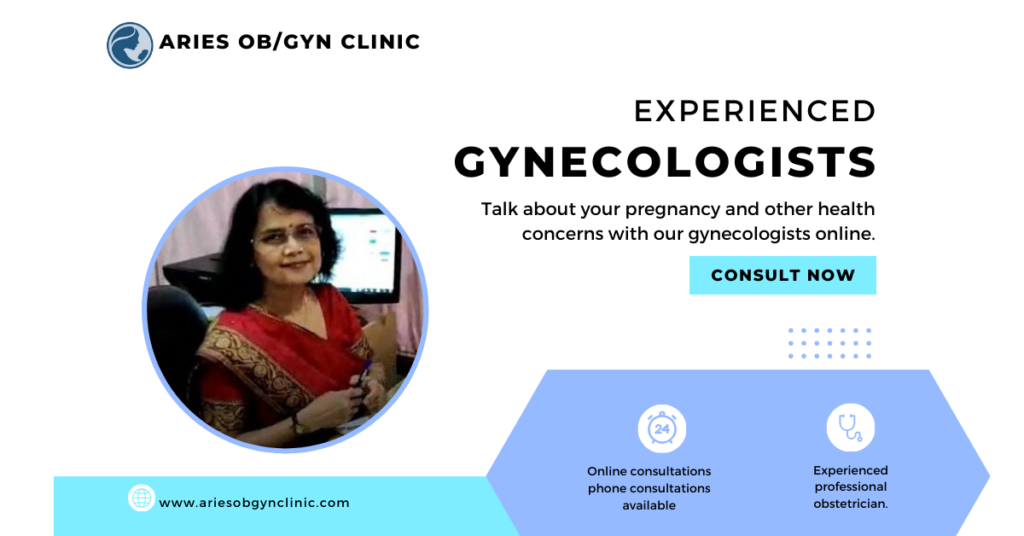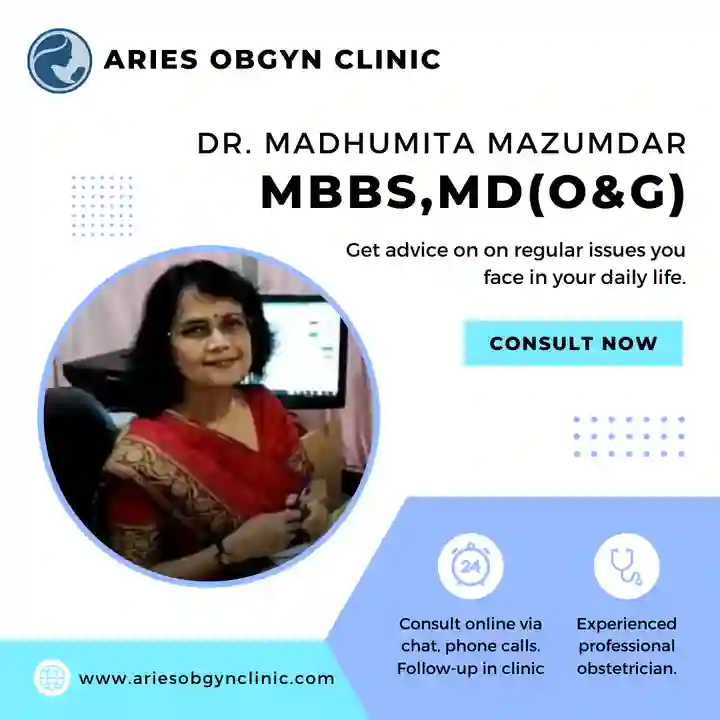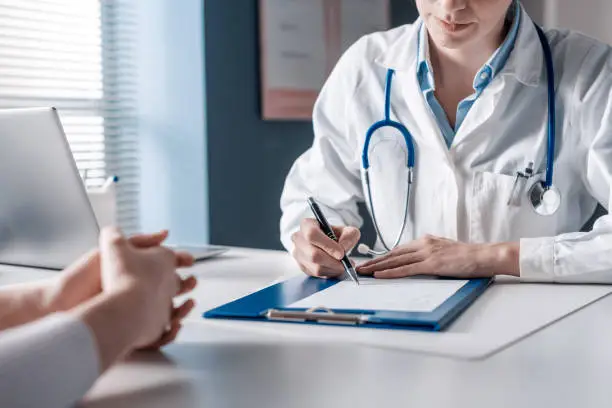I sat across from Lily, a young woman whose eyes were filled with worry and uncertainty.
“ I think have PCOS.” She said softly.
“How old are you?” I asked. “What symptoms do you have?”
“I am 25 years old. My periods are very irregular. Sometimes I have delayed periods by 2-3 months. I have also put on a lot of weight in the last 1 year.” She said.
“OK,” I said. “Let me examine you first.”
On examination, I found that she was indeed overweight and her BMI (Basal Mass index) was over 30. Her other basic parameters like pulse rate and blood pressure were normal. She had mild hair growth under the chin and along the cheeks. I could see some chest hair too.
Her signs and symptoms did suggest PCOS.
“Lily,” I said gently, Your signs and symptoms do suggest PCOS but they are not conclusive. You ill need to get an ultrasound done to check your ovaries. You will also need blood tests for the fasting insulin level, testosterone level and DHEA level. These blood levels will be higher than normal if PCOS is present.”
Tears welled up in Lily’s eyes as she asked the question that weighed heavily on her mind. “Does this mean I won’t be able to have children someday? Am I suffering from infertility?”
I reached out and placed a reassuring hand on her shoulder.
“No,” I said. “Having PCOS doesn’t mean you cannot get pregnant. Many women with PCOS successfully conceive and have healthy pregnancies. There are various options and treatments toimprove your fertility when the time is right for you and you want to get pregnant.”
Lily nodded, looking a bit relieved. “What about my irregular periods and the acne? It’s affecting my confidence.”
I smiled and nodded.
“ Yes, PCOS can cause acne to increase – that is because of high male hormones like testosterone. Women with PCOS can also suffer from hormonal imbalances, leading to irregular periods and skin issues like acne. You can be prescribed medicines like metformin to help improve your insulin level. I can also prescribe birth control pills to stabilize your hormones. These can regulate your menstrual cycle. Your skin will also improve after the PCOS is controlled to some extent.
You will also have to make lifestyle changes to help manage your symptoms:
- Lose weight
- Healthy diet, cutting down on sugar and carbohydrates
- Regular exercise
Lily looked at me, a bit uncertainly,. “It’s so hard to lose weight with these cravings I get. I have tried so many times earlier”
I nodded understandingly. “I know it can be challenging, but small, sustainable changes can help. Focus on a balanced diet with whole foods, and find physical activities you enjoy. It could be dancing, walking, or even yoga. Join a support group or a community – they can offer guidance and encouragement.”
“OK doctor, I will try,” she said. “ I will come back later with the blood reports and ultrasound reports.
“Yes, do that,” I said, “Losing weight and improving your lifestye is the best way to control PCOS. Better than with medicines.
Lily left my office with confidence and hope that she will be able to manage her PCOS.
Read More Questions and Answers on Pregnancy and Gynecology
Bacterial Vaginosis – Causes, Symptoms, Treatment , Prevention
What Is Bacterial Vaginosis? The vagina contains a number of bacteria, known as the vaginal biome. There are good bacteria, mostly lactobacilli, that keep everything
Natural PCOS Solutions: Control Symptoms, Manage Irregular Periods, and Reduce Excessive Hair Growth
Tackling PCOS Symptoms: A Patient’s Journey with Dr. Madhumita Mazumdar Polycystic Ovary Syndrome (PCOS) is a common hormonal disorder that can significantly impact young women’s
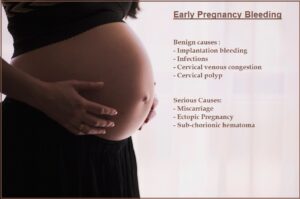
Early Pregnancy Bleeding: Causes, Symptoms and Treatment
Early Pregnancy Bleeding can be due to benign causes like implantation bleeding or due to serious causes like miscarriage or ectopic pregnancy.
